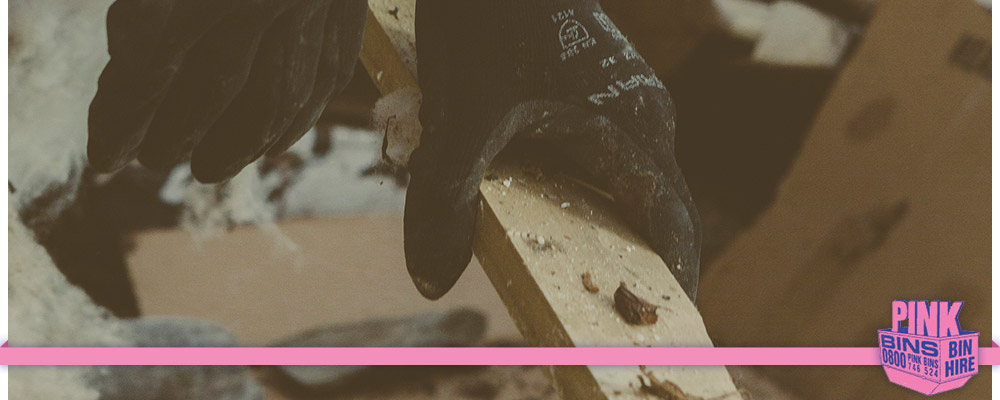As time goes by, recycling is becoming more important. Our world isn’t getting any bigger and resources are limited. In this post we highlight some interesting recycling trends.
No more plastic
As useful as it is, plastic is bad for wildlife and ecosystems. And it just doesn’t go away— it takes between 500 and 1000 years for the stuff to corrode. Polystyrene is particularly nasty because it breaks down easily and can be spread by the wind. As a result, it often ends up seeping into the earth and groundwater. It’s already starting — you have to pay 10 cents for a plastic bag at The Warehouse — and we wouldn’t be surprised if many cities will eventually ban certain plastics entirely.
Biodegradable plastic
This seems like a good compromise. And the demand for biodegradable plastic resins, like plant-derived polylactic acid, is growing steadily. Biodegradable plastic can be used in clothing, car parts, and electrical parts, etc. However, we need adequate municipal recycling and composting systems to break down the plant-based material. If not, they won’t corrode. And if mixed with other kinds of plastic, polylactic acid packaging will contaminate the lot making recycling impossible. Another possible downside is that biodegradable plastic may cause the public to be complacent and not worry so much about recycling.
More corporate responsibility
Consumers are becoming increasingly concerned about sustainability. So, companies are beginning to take corporate responsibility seriously. Greenwashing (making false or misleading claims about the environmental benefits of products and services) is now harder to get away with.
Here’s an example of what’s happening in Britain: British families throw away about 4.2 million tonnes of food every year. So, the main UK supermarket chains, including Waitrose and Tescos, have developed programmes to redistribute food to the poor or to put some of it back into the food production process. For example, Waitrose is using waste foot to manufacture animal feed.
3-D printing
3-D printing is amazing — one day we might even be able to build a house using the technology! Though it is possible 3-D printing could increase our dependence on plastic, many people are grinding up old plastic, like Lego blocks and plastic containers, to make new products. Now, that’s recycling in action.
Recycling is easy
In Auckland, recycling couldn’t be easier. For personal waste, all households have separate bins for recycling and other waste. If you’re in business, just put your recycling to the side and companies like ours will do the rest.
If you found this post useful, please share.

